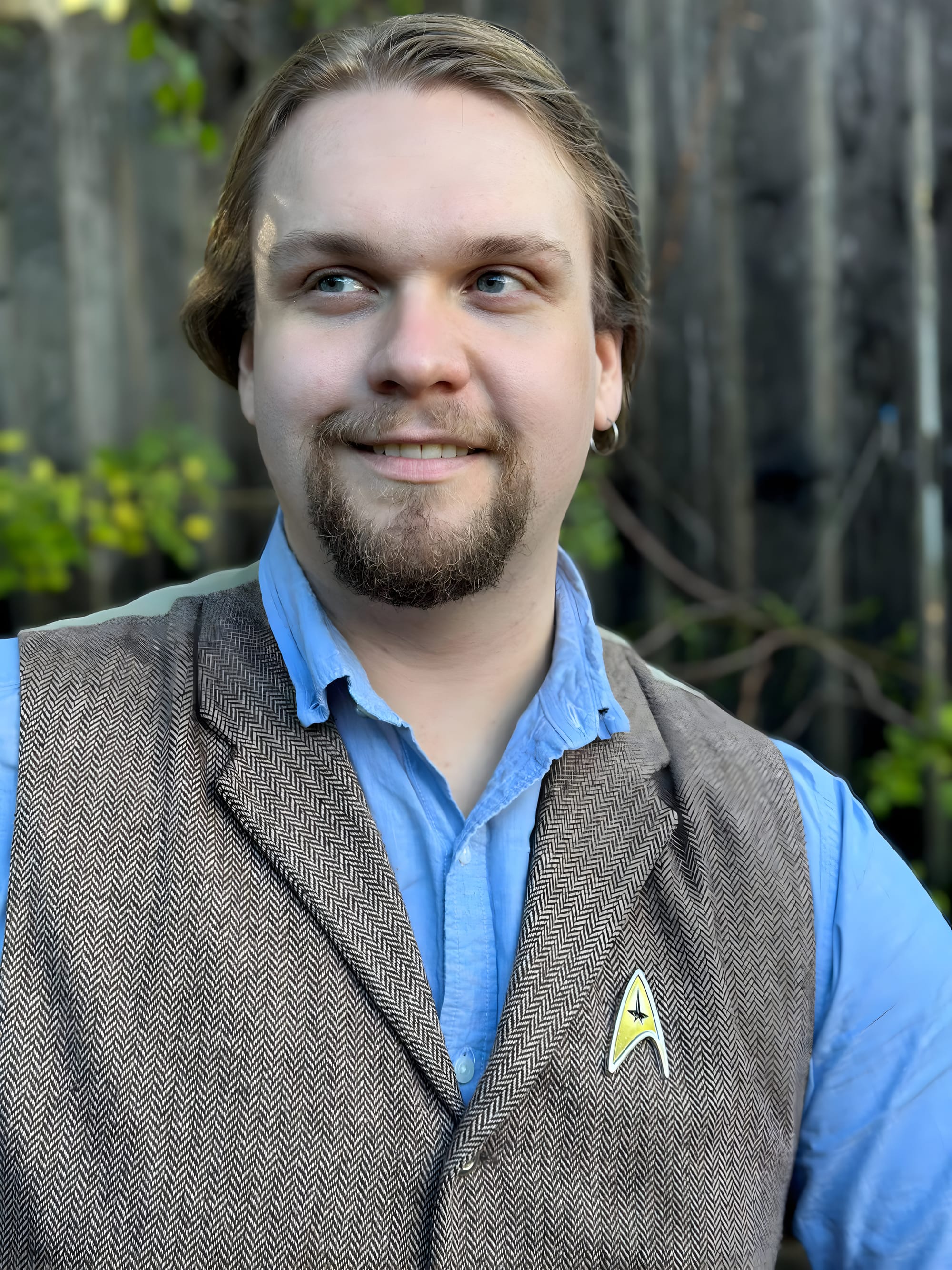Ever tried. Ever failed. No matter. Try again. Fail again. Fail better.
-Samuel Beckett
Failure. Failure is a word that haunts so many people, a word that conjures images of the impending doom to which we all are borne. And yet failure, while a watchword, a watchtower word along the murky roads of life, has value, its true worth lies deeper like seeds beneath the ground.
From each failure comes a chance at success. From each success, a renewed chance to fail. The cyclical nature of what we are in this world is a repetition of the progressive and the regressive, the search for sustenance and the hibernation that follows before the winter comes
It is failure that forms one of the core tenets of an “Unenlightened Generalist.”
First: the specialist
Our modern world delights and rejoices in the specialist, concentrating upon the shoulders of each codified categorized disciplinarian a wealth of respect. It is to the specialist we look to for answers to our troubles, and to the specialist, we turn to in the hope of a brighter tomorrow.
But a specialist is, by definition, limited. Their range is small though their insight deep; over whatever area of knowledge their purview covers the specialist can claim at least right to respectful and privileged consideration… but what about outside of this?
Generalists all
Few people will actually become specialists. Most humans operate with limited quantities of relatively mundane knowledge filling our noggins, and we rely on those with greater knowledge in various areas to help us comprehend the deeper mysteries of the cosmos. If we are lucky, we have been gifted with the education required to carefully pick and choose between sources of information, weighing what comes to us, and doing our best to reserve our valuable judgment and attention until some decision from us is needed.
Most of us are generalists, people with a little bit of knowledge in a broad range of categories, some more specialized than others, but all relatively accessible to anyone who puts their mind to it. If we are in a career path we may have specialized more than our fellows, but even then we will likely find that we are not as specialized as someone else in the same field.
Unenlightenment
Dim light source unknown. Know minimum. Know nothing no. Too much to hope. At most mereminimum. Meremost minimum.
— Samuel Beckett
Being an “Enlightened” generalist seems like a lot of work, and how would one know that one is “enlightened,” anyway? Better to recognize one’s limitations from the start and work outward from there.
- To be aware of one’s limitations.
- To recognize complexities.
- To acknowledge that one cannot hold all the answers.
- To accept the infinite growth horizon of one’s knowledge and admit that one’s learning is never done.
- To seek one specialization: that of comprehension, in order to better understand the eclectic jungle of our collective consciousness.
The Unenlightened Generalist, therefore, recognizes, to the best of their ability, their inability to be an expert. And, in this relinquishment of the illusion of control, finds a blissful joy in the simple search for meaning and knowledge.
Trust not, he who knoweth all
We turn to specialists for valuable reasons, but we must also have the ability to not only comprehend what they say (well enough to explain it ourselves to a ten-year-old), and also to listen to more than just them. We have to be capable of seeking out multiple sources of information and using them as a whole to make decisions — not just about the big things, like who to vote for, but about the bigger things, like how to talk to a loved one, how to raise a child, how to be afraid when we’re about to die, and how to live fully every day of our lives.
Unenlightened generalism is accepting that our failure in life is a given, that it is a positive thing, even with the setbacks, pains, and confusion. It’s about constantly stretching the limits of our imaginative and intellectual abilities, about facing our fears (and learning how to recognize those fears we have but are unaware of). Self-betterment and growth.
And, of course, we gain specialized knowledge, too. But we also learn to recognize how that specialized knowledge feeds other knowledge, how the interconnections form (and how to make use of them), and what the limits of our specialized knowledge are (before it becomes wholly interdisciplinary once more*).
*Recognizing that it really was interdisciplinary all along.
Know better now. Unknow better now. Know only no out of. No knowing how know only no out of.
— Samuel Beckett
Worstward Ho, by the incredible writer Samuel Beckett, is the source for the famous “fail better” quotation that so many use. But I’ve long wondered how many have read more of the work that it comes from.
I’ll be using my space here to offer more such ruminations in the future. Let me know your own thoughts and ruminations in the comments below, I’m looking forward to exploring things together.

